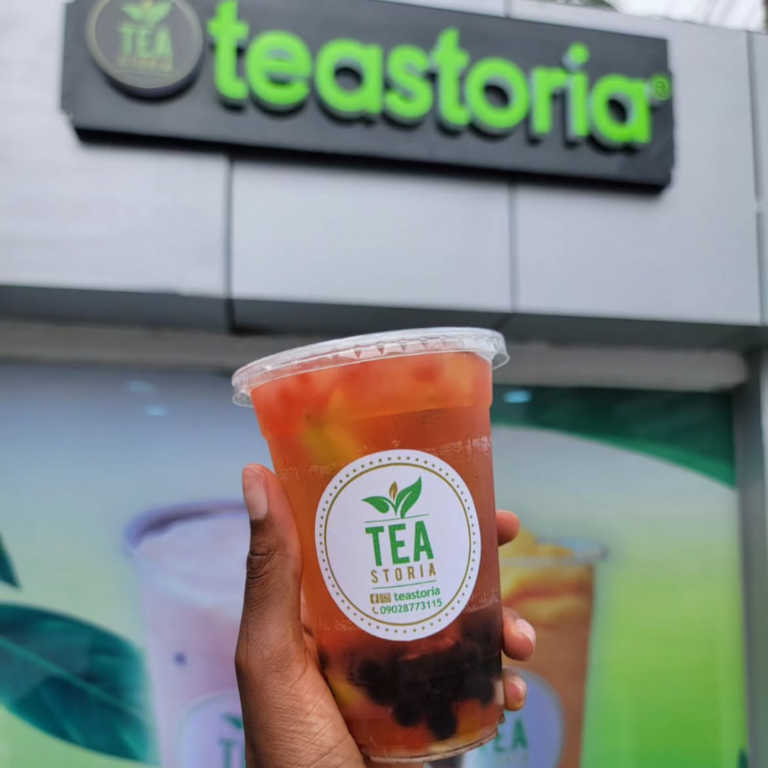Growing up in a Christian Nigerian home in the 90s to early 2000s meant you listened to certain gospel songs over and over again. We all sang along to these tunes during weekend chores, and danced choreographies to them in church or at end of the year parties.
Come, Let’s Praise the Lord — Panam Percy Paul
Panam Percy Paul released Bring Down the Glory 2 (God of War) in 1989, and its first song, Come, Let’s Praise the Lord, instantly became the go-to for choreography presentations in schools and churches. Once upon a time, at this time of the year, kids across Nigeria would be rehearsing their synchronised moves to the gospel worship song.
Akanchawa — Princess Njideka Okeke
Akanchawa is an Igbo gospel song that was popular across households in the South-East and Lagos. The title means “The hands that bring good things”, a reference to God’s hands. Akanchawa is the first track on Princess Njideka Okeke’s Ministration Worship Part 1 album. Almost every Nigerian mum had the audio CD and played it on Saturday mornings.
Apata Ayeraye — Cherubim and Seraphim Movement Church (Surulere District)
The Cherubim and Seraphim Movement Church choir, Surulere, Lagos, released their Oke Mimo album in 1991. Apata Ayeraye which means “rock of ages” in Yoruba, was a standout hit for most families throughout the 90s. The worship song interpolates from the popular Yorùbá hymn of the same name.
Opelope Anointing — Dunni Olanrewaju
Every Sunday morning before rice and stew, this song was the tonic. If you grew up in a Christian Yorùbá home in the early 2000s, there’s no way you escaped this song. The titular track on Dunni Olanrewaju’s Opelope Anointing (2000) became a pop statement for gratitude and escaping adversity. The filling station closed immediately after they sold me fuel? Opelope anointing.
Chioma Jesus — Amaka Okwuoha
In 2003, Amaka Okwuoha released her hit song, Chioma Jesus, under New Jerusalem Music. She performed the song in Igbo with her iconic high-pitched vocals backed with heavy keyboard and drums. Chioma Jesus became such a hit that the singer is still referred to as “Chioma Jesus” today.
Oga Eme — Rosemary Chukwu
In 2008 and 2009, you couldn’t travel from Lagos to the South-East for Christmas and back without hearing this jam. It was a favourite for bus drivers and Igbo mothers alike. Oga Eme is fast-tempo and full of traditional Igbo music elements.
Baba Mimo Mowa Sope — Tope Alabi
Baba Mimo Mowa Sope (2001) is one of Tope Alabi’s classics and most diverse records. The praise song has a Makossa sound that sampled Magic System’s 1er Gaou (1999). It wasn’t just a turn-up jam in Christian circles, it was the ultimate birthday party favourite. Back then, the best dancer to this song always got sweet and biscuit. What a period.
Igwe — Midnight Crew
The year was 2008 when a music quartet called Midnight Crew stormed the country with Igwe, their multi-lingual gospel hit. It was recognisable instantly from its beat drop — the perfect ringtone material. If Midnight Crew, made up of Patricia Uwaje-King, Odunayo Ojo-Onasanya, Mike Abdul and Gbenga Oyebola, put this out today, it’d be a TikTok bop.
Olori Oko — Infinity
Infinity arrived in the era when Nigerian Gospel music was experimenting with diverse genres to bridge creativity with spirituality. Although Olori Oko came out in 2006, it’s an evergreen gospel bop today.
Ijoba Orun — Lara George
Lara George’s 2008 debut album, Forever In My Heart, gave us the hit single, Ijoba Orun, which has since become the Nigerian church’s call-to-action for those seeking to become “born again”. Ijoba Orun is a mellow and soulful cut, and Lara did absolute justice to it with her skilled vocals.
Opomulero — Angel
As a kid, Opomulero (2009) by Angel signalled gospel music’s complete shift from the stereotype to elements of secular pop instrumentals and delivery. Opomulero didn’t just eat as a party jam, it was the go-to for choreography presentations across Nigerian primary and secondary schools.
Joy, Joy, Joy — Destined Kids
“Joy, joy, joy in my heart is ringing” was on the lips of every kid when it came out in 2008. The Iwueze siblings (Favour, Rejoice, Joshua, Best and Caleb) had everywhere in a chokehold when they debuted with Joy Joy Joy, the first volume of their gospel music installations.




